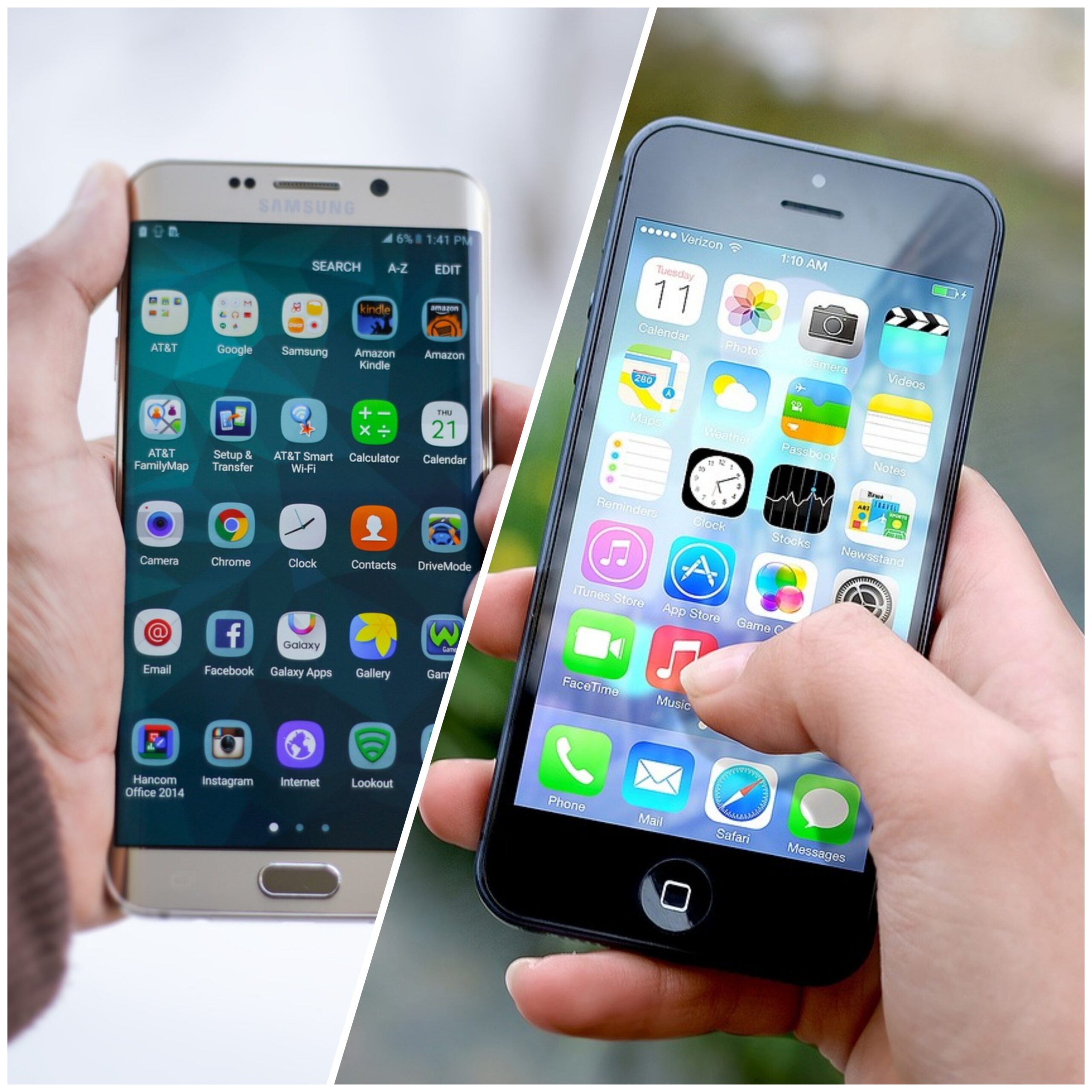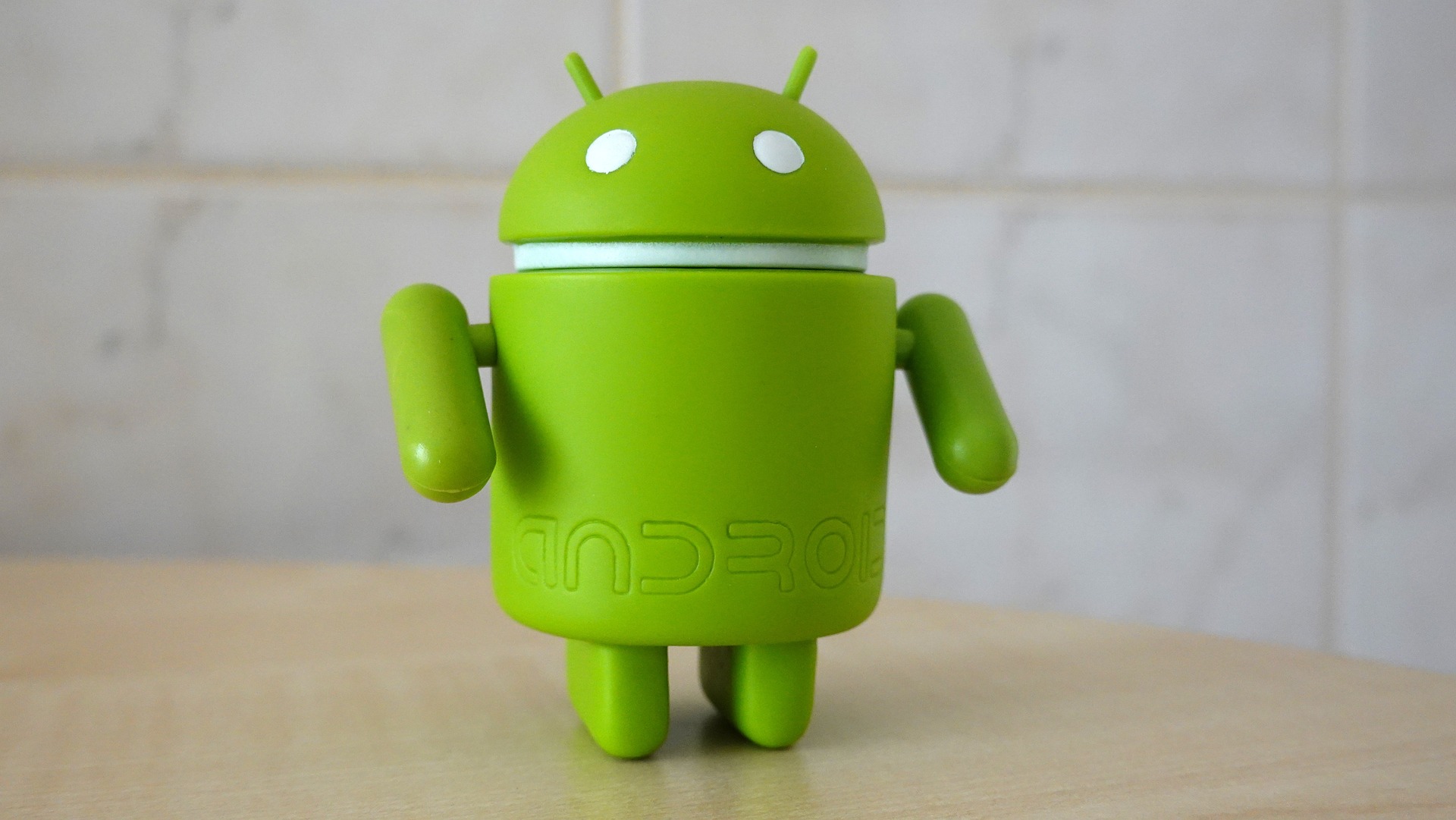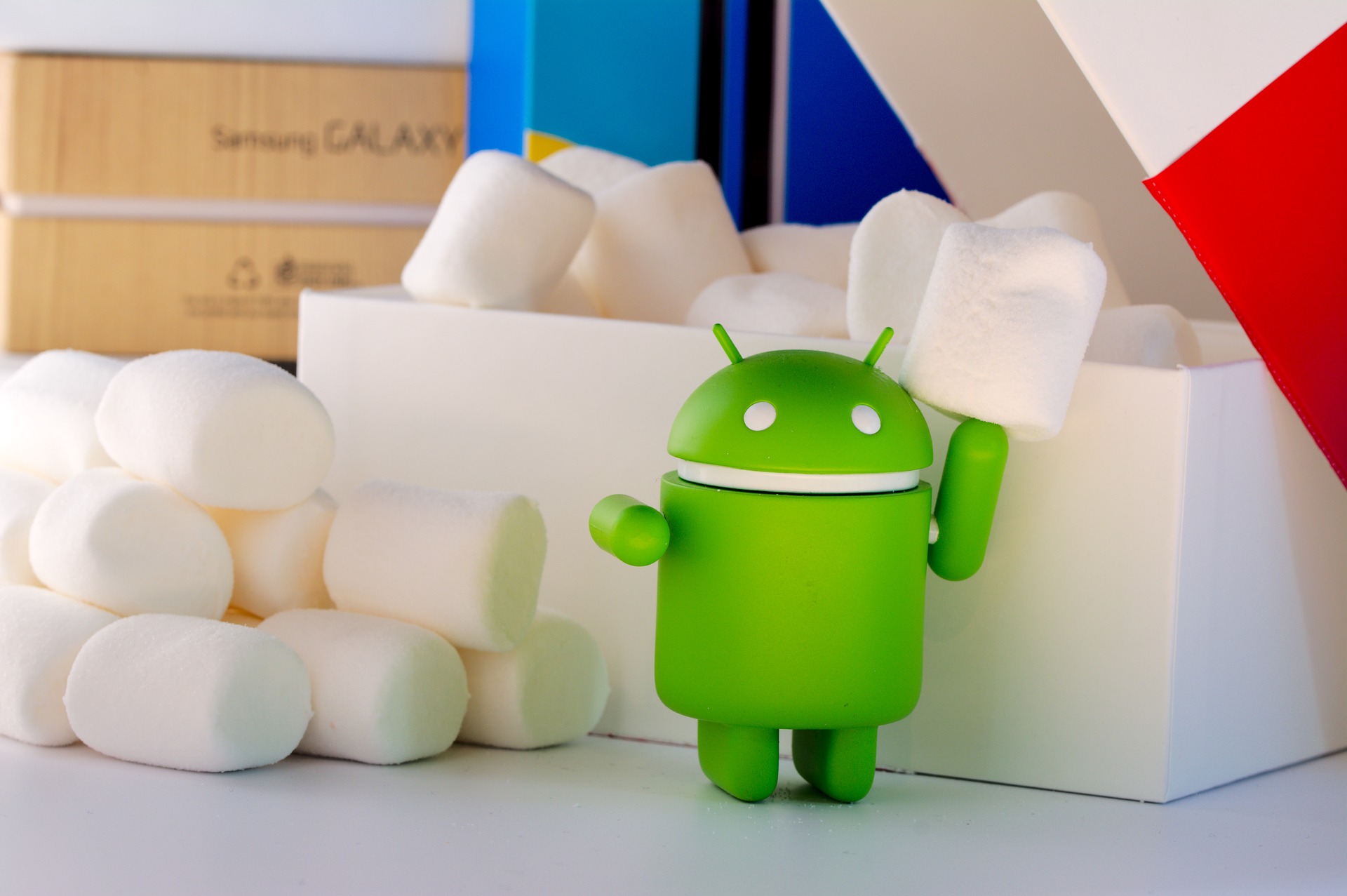Android vs iOS: The Battle for Mobile Dominance

The mobile market is an extremely competitive and rapidly evolving industry. In recent years, there have been two dominant players in this market: Android and iOS. Android, developed by Google, is the most widely used mobile operating system in the world. iOS, created by Apple, is the second most popular mobile operating system.
Both Android and iOS have their own strengths and weaknesses, and they appeal to different types of users. Android is known for its customizable and open-source nature, as well as its wide range of hardware options. iOS, on the other hand, is known for its intuitive and user-friendly interface, as well as its robust app ecosystem. Despite the fierce competition between the two platforms, both Android and iOS have continued to dominate the mobile market and shape the way we use our devices.
But what sets these two operating systems apart, and which one is the better choice? In this article, we’ll take a closer look at the history, key differences, the pros and cons of Android and iOS, and help you decide which platform is right for you.
History of Android and iOS

Android and iOS have both come a long way since their respective launches. Android was first released in 2007, and it has since undergone numerous updates and upgrades. One of the key milestones for Android was the release of Android 4.0 (Ice Cream Sandwich) in 2011, which introduced a redesigned user interface and a range of new features. In recent years, Android has continued to evolve and expand, with the latest version being Android 13.

iOS, on the other hand, was first released in 2007 as well, but under the name iPhone OS. It was later rebranded as iOS in 2010 with the release of iOS 4. Like Android, iOS has also undergone numerous updates and upgrades over the years. One of the key milestones for iOS was the release of iOS 7 in 2013, which introduced a redesigned user interface and a range of new features. The latest version of iOS is iOS 16.
Key Differences Between Android and iOS
While both Android and iOS are popular mobile operating systems, they have some key differences that set them apart. Here are some of the main differences between the two platforms:
- User interface and design: Android and iOS have different approaches to user interface and design. Android has a more customizable interface, with a range of home screen widgets and themes that allow users to personalize their devices. iOS, on the other hand, has a more streamlined and minimalist interface, with a focus on simplicity and ease of use.
- Customization options: Android offers more customization options than iOS. Users can choose from a wide range of home screen launchers, icon packs, and themes to personalize their devices. iOS, on the other hand, has a more limited range of customization options.
- App selection and availability: Both Android and iOS have a wide range of apps available, but Android tends to have a slightly more extensive selection due to its open-source nature. However, iOS has a reputation for having higher quality apps, as they go through a more stringent review process before being made available on the App Store.
- Security and privacy: Both Android and iOS have security measures in place to protect user data and prevent malware. However, Android has a reputation for being more vulnerable to security threats due to its open-source nature. iOS, on the other hand, is known for its strict security measures and emphasis on privacy.
- Hardware compatibility: Android has a wider range of hardware options available, as it is used by a variety of manufacturers. This means that users have more choices when it comes to hardware features and price points. iOS, on the other hand, is only available on Apple devices, which tend to be more expensive.
Pros and Cons of Android and iOS
Both Android and iOS have their own strengths and weaknesses, and it’s important to consider these when deciding which platform is right for you. Here are some of the pros and cons of Android and iOS:

Pros of Android:
Customizable interface
Wide range of hardware options
Large selection of apps
More affordable device options
The open-source nature allows for more flexibility
Cons of Android:
Maybe more vulnerable to security threats due to the open-source nature
Fragmentation can lead to inconsistent experiences across devices
The update process can be slow and may not be available for all devices

Pros of iOS:
Intuitive and user-friendly interface
Robust app ecosystem with high-quality apps
Strict security measures and emphasis on privacy
Consistent experience across devices
Cons of iOS:
Limited customization options
Only available on Apple devices, which tend to be more expensive
The update process can be slow for older devices
App selection may be smaller compared to the Android
How to choose the right operating system for your needs
When it comes to choosing the right operating system for your needs, there are several factors to consider. Here are some tips for making the decision:
- Determine your budget: If cost is a major factor for you, consider whether you are willing to pay more for an iOS device or if you are open to a wider range of affordable options with Android.
- Consider your needs: Think about what you will be using your device for and what features are most important to you. For example, if you are a gamer, you may want a device with a strong processor and graphics capabilities. If you are a business user, you may prioritize security and productivity features.
- Look at the app ecosystem: Consider the types of apps you will be using and whether they are available on Android or iOS. If there are specific apps that you need or want to use, make sure they are available on the platform you are considering.
- Think about the user experience: Consider which user interface and design style you prefer. Do you prefer a customizable and open-source platform like Android, or do you prefer a more streamlined and user-friendly interface like iOS?
- Consider hardware compatibility: If you have specific hardware needs or preferences, make sure the platform you choose is compatible with the hardware you want.
Final thoughts on the ongoing battle for mobile dominance between Android and iOS
Ultimately, the choice between Android and iOS will depend on the specific needs and preferences of the user. While both operating systems have a strong presence in the market, it’s important for consumers to do their research and consider the pros and cons of each platform before making a decision. It’s likely that the battle for mobile dominance between Android and iOS will continue for the foreseeable future, with both platforms continuing to evolve and innovate. So, it’s essential to keep an eye on the latest developments and choose the platform that best meets your needs.


